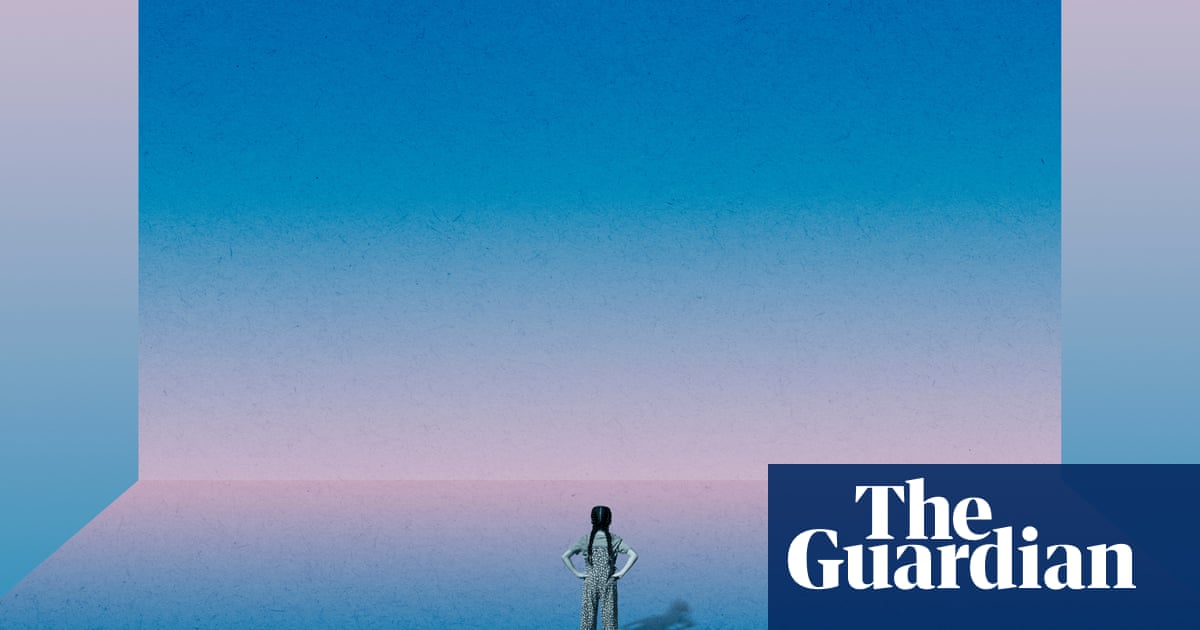
One of the more startling aspects of living abroad is adjusting to the reduced importance of things considered very important back home. I remember the moment I realised that little below the level of a change in prime minister or an act of terrorism would make the news list in the US. It was like the first time you see one of those maps produced by countries that aren’t Britain and in which Britain isn’t at the centre of the universe. (The Australian one really blew my mind on this front.)
In the US, nobody cares who Suella Braverman is – to be fair, a sentiment shared by a great number of Britons at home – or who’s in and out at the BBC. I once heard an American publishing executive refer to Britain as a “small foreign market”, triggering a similar out-of-body experience, plus some apparently unshiftable residual jingoism. As they say, how very dare you.
A rebuff to this has always been the royal family, which, whatever its fluctuations in popularity, is perennially flagged in school debates about the future of the monarchy as unimpeachably “good for tourism”. The death of the Queen was sad and also a major moment for a country that, post-Brexit, seems increasingly marginalised. It made it above the fold in the New York Times three days in a row – three days in a row! Not so irrelevant now, are we?!
For all the silly-little-country vibes attending the run-up to the coronation this weekend, the hope will surely be that, for happy reasons this time, there may be a similar effect: a reminder to those who need reminding that Britain is a glorious, ancient, and extremely dignified country where things happen that couldn’t happen anywhere else. This last point, while emphatically true, fails to bump the question mark hanging over the whole thing: namely, how much will the rest of the world care?
And it’s a week of fierce competition for news space in the US, with Donald Trump facing rape accusations in New York, more alleged Tucker Carlson texts coming to the surface – these ones described as explicitly racist – and another probable round of interest rate rises coming down the pike. In this context, the coronation appeared this week in its rightful place in the US, as the and-finally item, a reminder to Americans that for all their eccentricities, the people in the baffling fancy dress still just about have the edge.
There’s a piece in the Washington Post that leans in on the quiche coverage – quiche exists in the US but it isn’t the Proustian trigger it is in Britain – and also expresses doubt as to the wisdom of the mass pledge of allegiance. Americans do love a pledge of allegiance, as anyone lingering in the halls of their child’s elementary school after morning drop-off will know. But the pledge Britons will be invited to make on Saturday – starting with “I swear that I will pay true allegiance to your majesty” and ending with “God save King Charles. Long live King Charles. May the King live for ever” – seems to have fallen on American ears as more outlandish than anything from Hollywood. As the Post remarked: “See Page 28 of the official liturgy if you think we are making this up.”
In the New York Times, a reporter was dispatched to Gloucester to get to the bottom of some coronation pie news – breaking with 800 years of tradition, reported the Times, it’s a pivot from traditional coronation eel to pork pie for the people of Gloucester, and from international to local newspaper vibes for the Times (they also checked in with – brace yourselves – the Pearly Kings; presumably because no one could lay their hands on a morris dancer).
The New York Post, meanwhile, has been predictably focused on what Harry and Meghan will be doing; “Prince Harry, Meghan Markle waited ‘for some time’ for coronation invitation” was yesterday’s underwhelming story, although an improvement on the previous day’s offering, in which a reporter was sent to speak to the King Charles look-alike community, at which point one starts to feel sorry for everyone.
The dominant tone of this coverage has been indulgent, incredulous, and mildly and affectionately mocking, in stories that have appeared a long way down the American news list. This is, obviously, vastly different from the coverage that would have greeted the run-up to the previous monarch’s coronation in 1953. I would guess, however, that in a crowded media market rife with divided loyalties and splintered attentions, the royals may settle for it as preferable to the alternative.
Emma Brockes is a Guardian columnist












